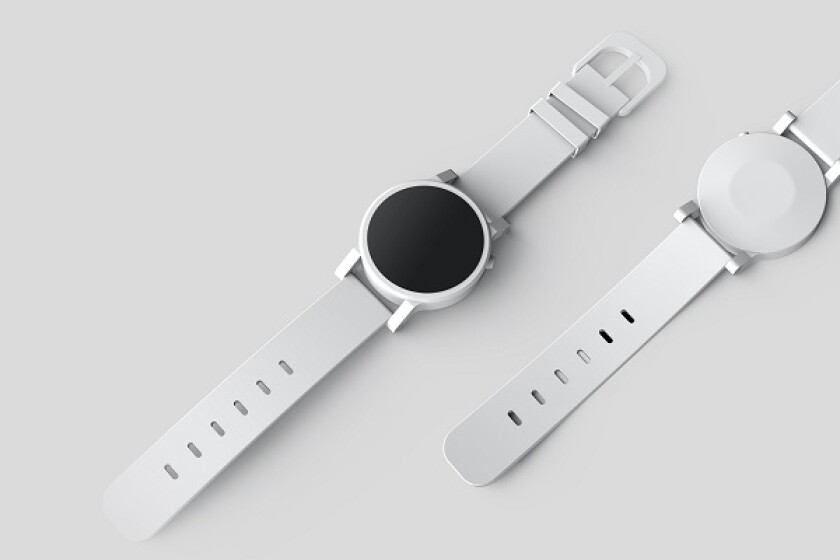The German Federal Court of Justice (BGH), on November 3 2020, handed down its decision X ZR 85/19.
The BGH ruled that the admissibility of a second patent infringement suit is not automatically precluded by the lis pendens of a first infringement suit or by the legal force of a judgment based on the infringement of the same patent issued in a previous infringement dispute between the parties.
Rather, the decisive question is whether the infringing act the defendant is accused of is the same (which would render the second action inadmissible) or different (which would render the second action admissible despite being based on the same patent).
The patent in question (EP 1 373 672) relates to a sash for a window or a door, the sash comprising a profile frame, a rebate with a delimiting web and an adhesive layer.
An earlier legal dispute between the parties had resulted in a judgment handed down by the appellate court on February 16 2017 which banned the defendant from offering profile frames for use in sashes in Germany without an eye-catching guideline that the profile frames may not be used in a way that the adhesive layer reaches the delimiting web.
In the renewed, second action which has now been brought before the BGH, the plaintiff claimed that the defendant was contributory infringing the patent by offering window profile frames suitable to be used in the claimed window sashes. The question arose whether such second action might be inadmissible because the decision in the first legal dispute was already legally binding.
The BGH ruled that, first, Section 145 of the German Patent Law (PatG), which codifies the “concentration maxim”, did not preclude the second action. The reason being that said second action did not attack the same or similar infringing act based on a different patent, but rather a similar infringing act based on the same patent. Second, the court ruled that, for the same reason, the ne bis in idem rule did not render the second action inadmissible.
Thus, the action was found admissible despite being based on the same patent and being between the same parties. It was, however, dismissed on merits as no contributory infringement was found by the court.
It is of interest to note that, in spite of finding the action admissible, the BGH decided to issue a headnote that mentions the admissibility of a second patent infringement suit “may be precluded” by the lis pendens of a first infringement suit based on the same patent or the legal force of a judgment based on the infringement of the same patent issued in a previous infringement dispute between the parties (confirming X ZR 111/09).
Stefanie Parchmann
Partner, Maiwald
Damla Simsek
Patent attorney trainee, Maiwald













